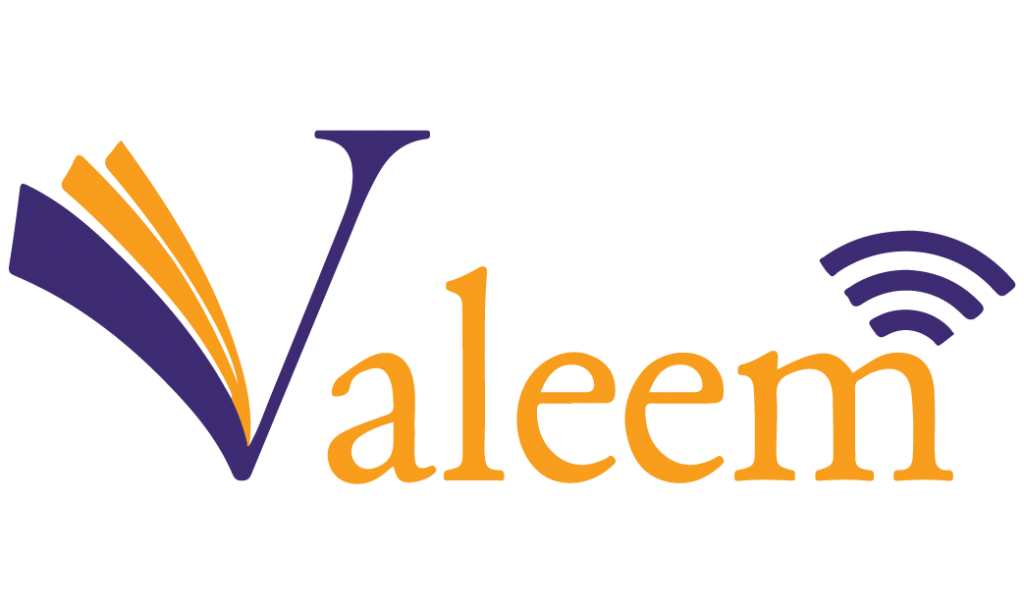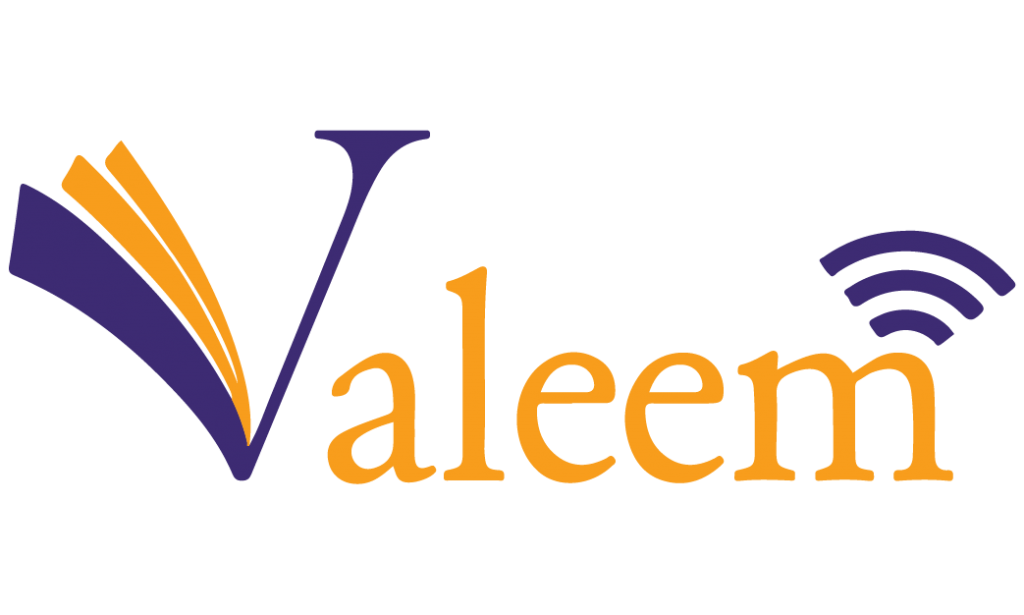While there are numerous public, private, and international schools in the Kingdom of Saudi Arabia, not everyone has equal access to them. Public Education in Saudi Arabia, for instance, is solely accessible to locals and Saudi nationals; non-citizen children may attend these schools, but only if they are Muslims. If you’re thinking about enrolling your child in a Saudi school, other crucial factors to take into account include the fact that these institutions typically concentrate on Islamic topics, teach in Arabic, and have gender-specific divisions.
Let us look at the challenges and issues of Public Education in Saudi Arabia
Conventional Educational System
Saudi Arabia’s public schools continue to support the conventional method of instruction, which places a strong emphasis on the teacher. The importance of the students is disregarded. The teachers hold the main power.
Unfriendly Teaching Environment
Public Education in Saudi Arabia discourages interaction between teachers and students. This form of learning environment inhibits the thinking and growing capability of students. The mind encounters limitations while thinking outside the box.
Absence of Extra Curricular Activities
In order to achieve success extra curricular activities play a crucial role. They help us grow personally as well as academically. Unfortunately schools in Saudi Arabia does not focus on extra curricular and non-academic activities.
Arabic as mode of communication
Most of the public sector schools have Arabic as the only mode of communication and teaching. The schools tecah English from 6th standard onwards. The students therefore do not get fluent in English and encounter problems. This creates a problem for the expatriates and non-Saudi students since they fail to understand Arabic.
Rote Learning
This is an obsolete method now which is no longer practiced anywhere. Rote learning kills a student’s ability to think outside the box. Public Education in Saudi Arabia therefore needs to transform and bring a change.



Comments